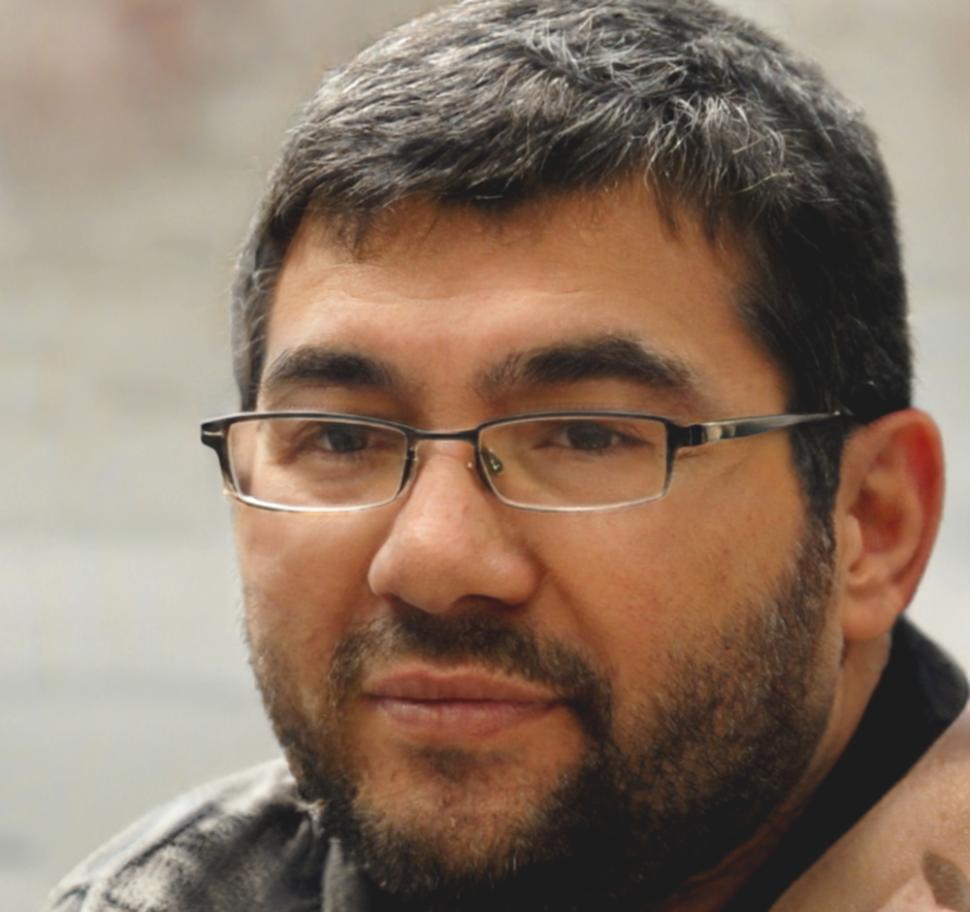Master Financial Markets
Join our comprehensive 18-month program starting September 2025. Build solid foundations in trading psychology, risk management, and market analysis through structured learning and practical application.
Building Real Expertise Takes Time
We've designed this program based on feedback from graduates who now work at investment firms across Australia. Most tell us the structured approach helped them understand concepts they'd struggled with for years when trying to learn on their own.

Three Core Learning Pillars
Each component builds on the others. You can't really understand market movements without grasping the psychology behind them, and risk management only makes sense when you see how emotions affect decision-making.
Technical Foundation
Chart patterns, indicator analysis, and market structure. We start with basics like support and resistance, then move into complex multi-timeframe analysis by month six.
Psychology Training
Behavioral finance and emotional regulation. Students practice decision-making under pressure using simulated trading scenarios that mirror real market stress.
Risk Management
Position sizing, portfolio theory, and capital preservation. We teach you to think like institutional traders who focus on not losing money first, making money second.
Meet Your Instructors
Our teaching team combines academic credentials with real trading floor experience. Marcus spent eight years at Macquarie before moving into education. Sarah worked in derivatives at CommSec, and Bradley ran a hedge fund before joining us in 2023. They've all made the mistakes they'll help you avoid.

Marcus Chen
Lead Instructor
Former institutional trader with 12 years experience. Specializes in equity derivatives and has trained over 200 professional traders during his career.

Sarah Mitchell
Risk Specialist
Risk management expert from CommSec's derivatives desk. She teaches the portfolio theory modules and helps students understand position sizing psychology.

Bradley Ross
Psychology Expert
Behavioral finance specialist who ran a quantitative hedge fund. Focuses on the mental game that separates profitable traders from the rest.
Common Challenges We Address
Most people who come to us have tried learning on their own first. They've read books, watched YouTube videos, maybe even lost some money. Here's what usually goes wrong, and how we fix it.
Information Overload
Too many indicators, conflicting advice from different sources, no clear learning path. Students often know lots of theory but can't put it together coherently.
Emotional Trading
Fear and greed drive decisions instead of logic. People hold losing positions too long and exit winning trades too early because they haven't learned to manage their psychology.
Our Solutions
- Structured curriculum that builds concepts step by step
- Simulated trading environment to practice without real money risk
- Weekly psychology sessions using real market scenarios
- Peer learning groups where students discuss their mistakes openly
- Individual coaching sessions to address personal trading weaknesses
- Progressive skill assessments that ensure mastery before advancing